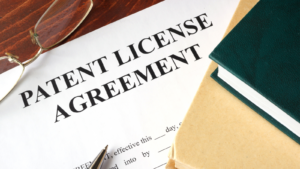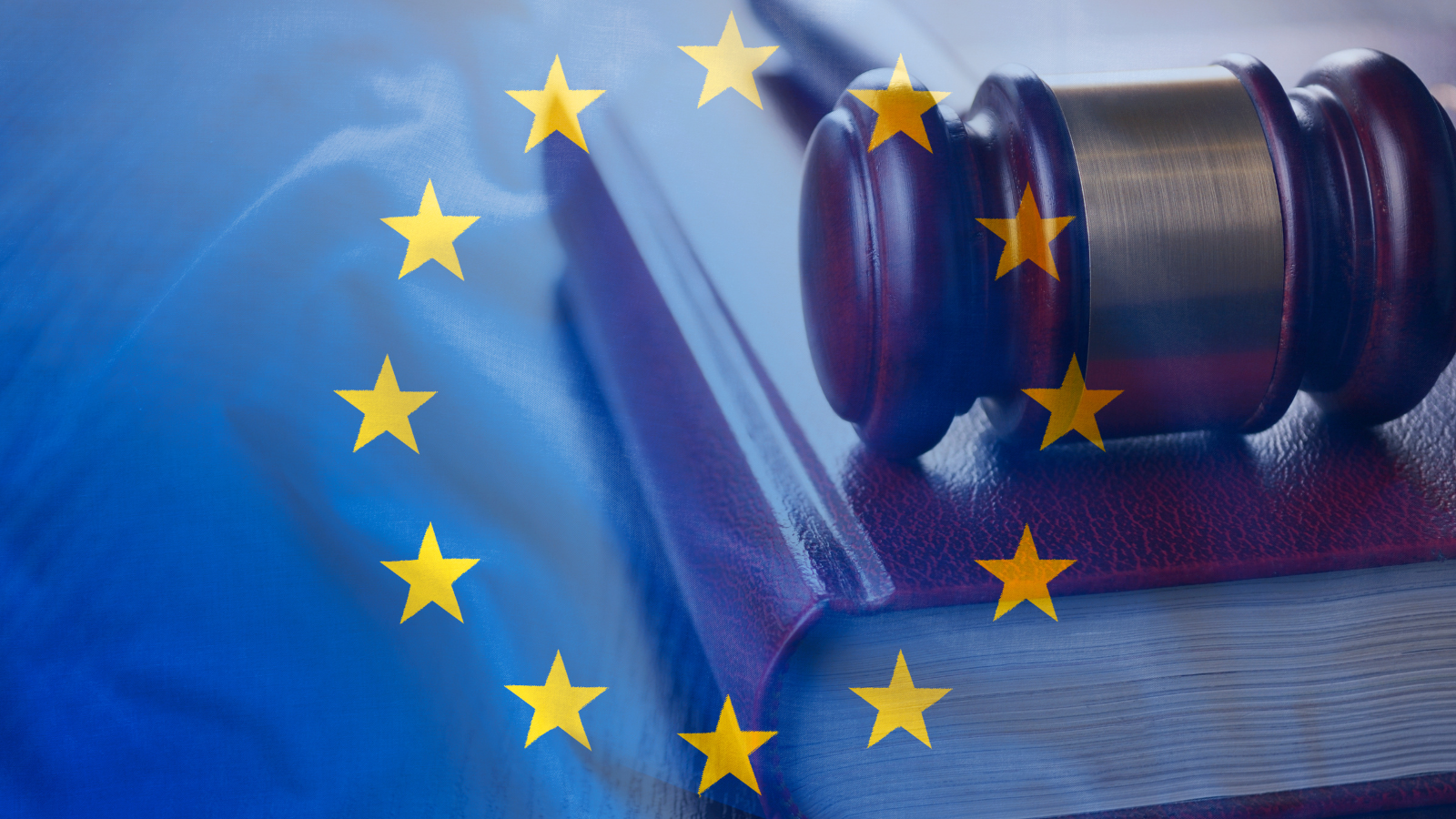Links
Next content
Read more
The Challenge of Sanctioning Unfair Royalty Rate by the SEP Holder: ‘When’, ‘How’ and ‘What’
The holder of a Standard Essential Patent (SEP) is usually required to license its patent to any licensee on the basis of Fair and Reasonable and Non-Discriminatory (FRAND) terms. In their recent judgments in...
This paper investigates whether EU or national law provides legal authority to impose a direct or indirect obligation on Standard Essential Patent (“SEP”) holders to license at all levels of the value chain, including at component level (“license to all”, hereafter LTA). It concludes that neither patent law, competition law nor general principles of EU law impose an obligation on SEP owners to license at all levels of the production chain. Whether there exists an LTA obligation is primarily a matter of contract law and depends on the precise text of the FRAND commitment made to the relevant Standard-Setting Organisation (SSO). The ETSI FRAND commitment, which is of special relevance in the European context and is governed by French law, does not impose an LTA regime. With the exception of IEEE, other SSOs also do not seem to impose a contractual duty to license to all levels of the production chain. However, what EU law and FRAND commitments do require is access to the standard. Such access can be achieved in different ways: by having a direct license; by selling standard-implementing components to licensed end-device manufacturers (indirect license); by concluding non-assertion agreements; or even without any license or authorization at all if the SEP owner has a policy of monetising its SEPs only at one level of the production chain and does not enforce its patents against others.

